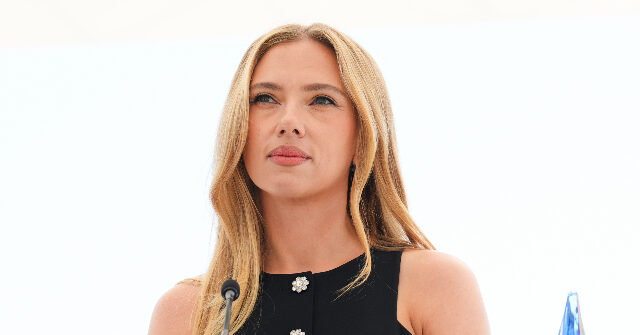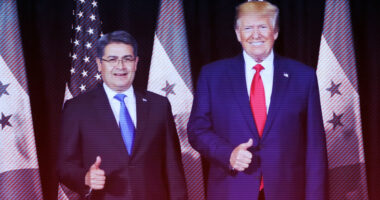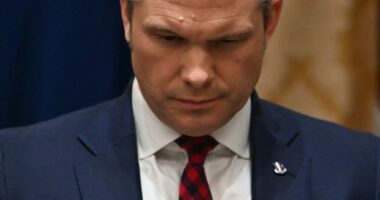Share this @internewscast.com
Hollywood actress Scarlett Johansson recently addressed the concerning increase in antisemitism during an interview with Israeli news channel N12. The Avengers star expressed her worries, saying, “Whenever people are spreading hate, I fear they might resort to physical violence as well.”
Discussing the issue of individuals making antisemitic remarks and assuming others share their views, Johansson remarked, “In those situations, it feels like walking a tightrope. Whenever hate is being spread, there’s always the worry that it might escalate into physical aggression.”
Watch Below:
She further elaborated on the dilemma, stating, “It’s frightening to be in such moments. You wonder if you should speak up to defend your family or yourself or if doing so might provoke someone to be violent. The outcome is uncertain,” the Lost In Translation actress explained.
Johansson added, “There’s a lot of fear surrounding these situations.”
Concerns about the rise of antisemitism in American culture have been mounting, and Johansson is not the only actress to voice her alarm over this troubling trend.
Last month, Emmy-winning actress Patricia Heaton warned that the rise of antisemitism in America could easily lead to another terror attack like 9/11.
“I think Americans are starting to wake up and understand that radicalization — especially theologically motivated radicalization — is a threat to the United States,” Heaton said on the grim anniversary of the Palestinian-led terrorist attack on Israel on October 7, 2023.
“It’s very important for Christians to recognize this and support the Jewish people — for democracy, for Judeo-Christian values that we all cherish, and we benefit from,” the Everybody Loves Raymond star continued.
“But you have to remember 9/11,” Heaton added. “You have to remember the first attack on the World Trade Center, and you have to take seriously these attacks on Jews that are happening on American soil.”
Alana Mastrangelo is a reporter for – News. You can follow her on Facebook and X at @ARmastrangelo, and on Instagram.
















